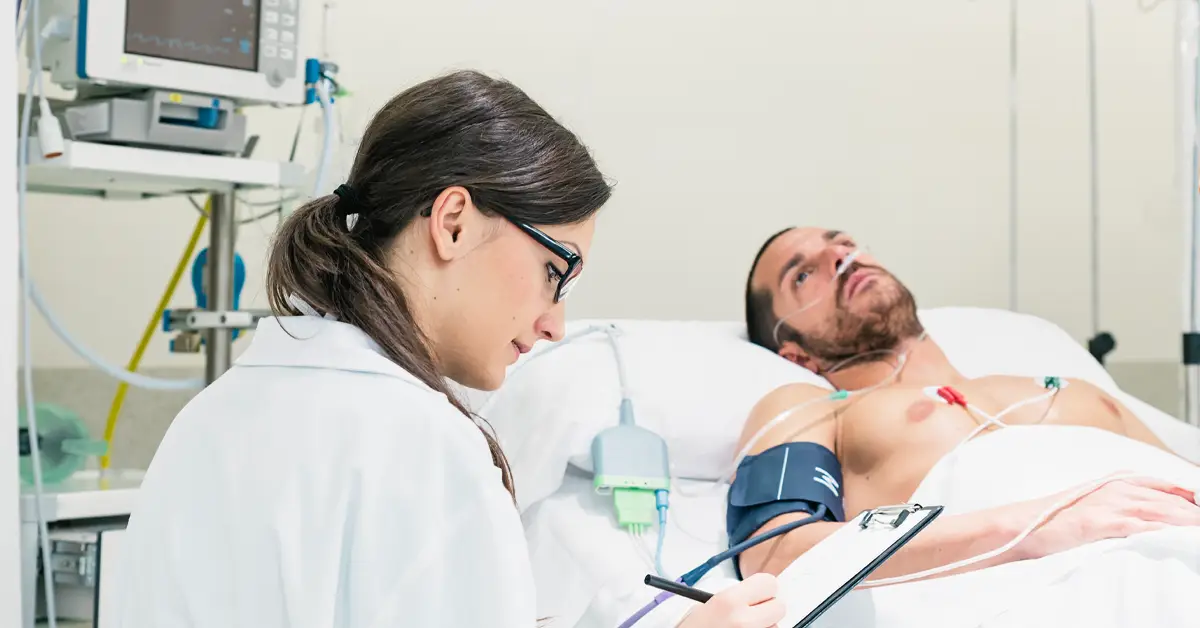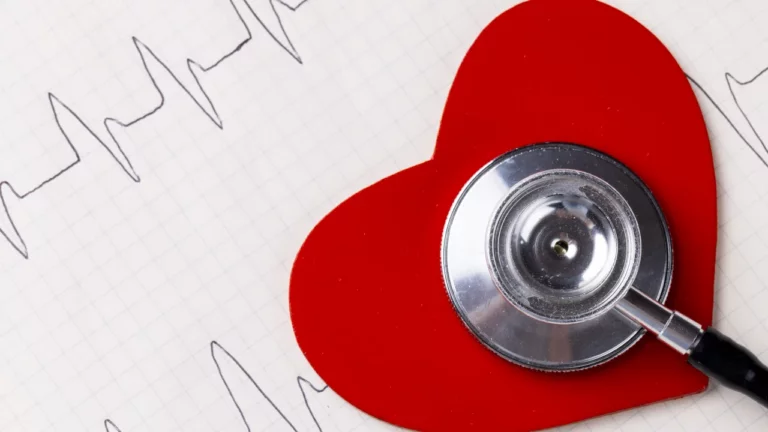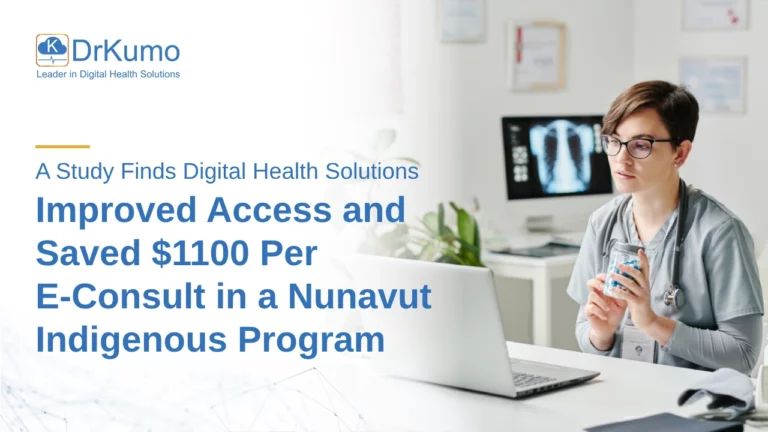As we approach Rare Disease Day 2023, it is crucial to bring attention to the obstacles that people living with rare diseases face. Although rare conditions affect a small number of individuals, collectively, they impact millions of people worldwide. Unfortunately, limited knowledge and understanding of rare diseases can lead to delayed diagnosis and treatment, placing a significant burden on patients and healthcare providers. However, ?remote patient monitoring (RPM) technology offers a promising solution for better managing rare diseases and providing patients with optimal care.
Understanding Rare Diseases
Rare diseases, also referred to as orphan diseases, are characterized as medical conditions with a low prevalence, affecting less than 200,000 people in the United States. While some known rare diseases may be uncommon, there are many conditions that fall into this category, numbering over 7,000. Collectively, these rare diseases impact approximately 30 million people in the United States, as estimated by the National Institutes of Health (NIH).
Moreover, the majority of rare diseases have a genetic basis, and unfortunately, for many of these conditions, there is no known cure. Due to the complexity and rarity of these diseases, many patients may experience delayed or incorrect diagnosis, which can lead to insufficient treatment, disease progression, and a significant decline in their quality of life.
Diagnosing Rare Diseases
The diagnosis of a specific rare disorder can be a daunting task and may require the collaboration of a team of healthcare professionals, such as geneticists, neurologists, and other specialists. Individuals with a rare genetic disease, such as sickle cell disease, hemophilia, or Duchenne muscular dystrophy, may face a prolonged diagnostic process that can span several months or even years. The extended period of uncertainty can lead to significant stress and frustration for both patients and their families, while delaying crucial treatment interventions.
To mitigate these challenges, RPM presents a promising solution. By leveraging digital technologies, healthcare providers can conveniently and effectively monitor patients’ symptoms and track changes over time. This approach can enable earlier diagnoses and better outcomes, ultimately improving the quality of life for patients with rare diseases.
Role of Healthcare Providers in Treating Rare Diseases
Healthcare professionals play a crucial role in the care and treatment of rare disease patients. Although many rare diseases have no known cure, FDA-approved treatments are available, and patients can benefit from a multidisciplinary approach that includes medication, surgery, and other interventions. The ultimate goal of treating rare diseases is to improve the quality of life for patients with an uncommon disease. To achieve better outcomes, care providers can provide patient assistance by offering ongoing support and monitoring patients’ response to treatment using RPM technology. With better treatments and patient support, healthcare providers can make a significant difference in the lives of people living with a rare disease.
Rare Disease Treatment Approach with DrKumo Remote Patient Monitoring
Benefits of DrKumo RPM for People with Rare Diseases
DrKumo RPM offers a state-of-the-art, highly scalable, and user-friendly solution that can be helpful for individuals with rare diseases. RPM technology provides real-time monitoring of vital signs, symptoms, and medication adherence, allowing healthcare providers to intervene promptly and adjust treatment plans. This technology can help patients with rare diseases achieve better health outcomes, reduce hospitalizations, and improve their quality of life. In addition, DrKumo RPM platform is cost-effective, scalable, and can be a useful tool to monitor patients with rare diseases in any location.
DrKumo RPM technology can be beneficial for patients with rare diseases, who often face unique challenges in managing their health conditions. For example, clinical research on rare diseases is limited, and patients and their caregivers may struggle to find reliable health information. DrKumo RPM can provide information and support to people with rare conditions, enabling them to take an active role in managing their health. Moreover, patient organizations can use DrKumo RPM to support people with orphan diseases and provide them with the necessary remote monitoring devices and caregiver support.
DrKumo RPM and Clinical Trials for Rare Diseases
DrKumo RPM can assist in acceleratingclinical research on rare diseases by enabling researchers to collect and analyze health data from people more quickly and efficiently. DrKumo RPM technology can also facilitate patient recruitment for clinical trials, as it enables remote monitoring of patients and eliminates the need for frequent hospital visits. Moreover, DrKumo RPM can provide real-time data analytics to researchers, allowing them to adjust treatment plans and study protocols as needed. DrKumo RPM can thus aid in speeding up the clinical trial process and improve the chances of developing effective treatments for rare conditions.
Takeaways
Rare diseases present unique challenges for patients and healthcare providers. By incorporating DrKumo RPM technology, healthcare professionals can provide better care for patients and families affected by uncommon diseases (like hemophilia or Duchenne muscular dystrophy), improving diagnosis and treatment, and enabling patients to take an active role in their health. RPM solutions will ultimately lead to improved patient outcomes, reduced healthcare costs, and a positive impact on the lives of those affected by rare diseases. DrKumo RPM can also provide support for carers and help manage the challenges associated with rare conditions.
Stay up-to-date on the latest technologies and solutions for managing rare diseases. Learn more about the benefits of RPM technology. Contact DrKumo now.








